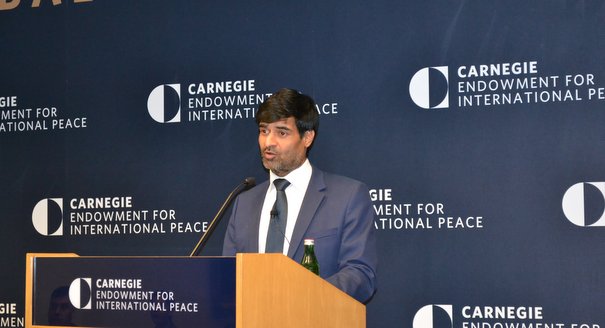Registration
You will receive an email confirming your registration.
During Prime Minister Modi’s first 100 days in office, the words muscular, nimble, imperious and obdurate have all been used by commentators to describe his foreign policy. Prime Minister Modi’s special emphasis on India’s neighborhood, whole-hearted embrace of Japan, and successful performance at the BRICS summit are beginning to recast some of the old assumptions and positions that have defined India’s recent engagement with the world. While the prime minister has been able to instill a certain energy and purpose in Delhi, some key domestic imperatives and his own personal preferences are beginning to define India’s global play.
Samir Saran discussed the how the prime minister’s preferences, legacy imperatives, and ambitious agenda to transform the Indian economy could finally define a new and pragmatic approach to the region and the world.
Samir Saran
Samir Saran is senior research fellow and vice president for development and outreach at the Observer Research Foundation. He is also a visiting fellow at the Australia India Institute and faculty at a number of other schools and programs.
Frederic Grare
Frederic Grare is senior associate and director of Carnegie’s South Asia Program. He works on India’s Look East policy, on Afghanistan and Pakistan’s regional policies, and on the tension between stability and democratization, including civil-military relations, in Pakistan.
